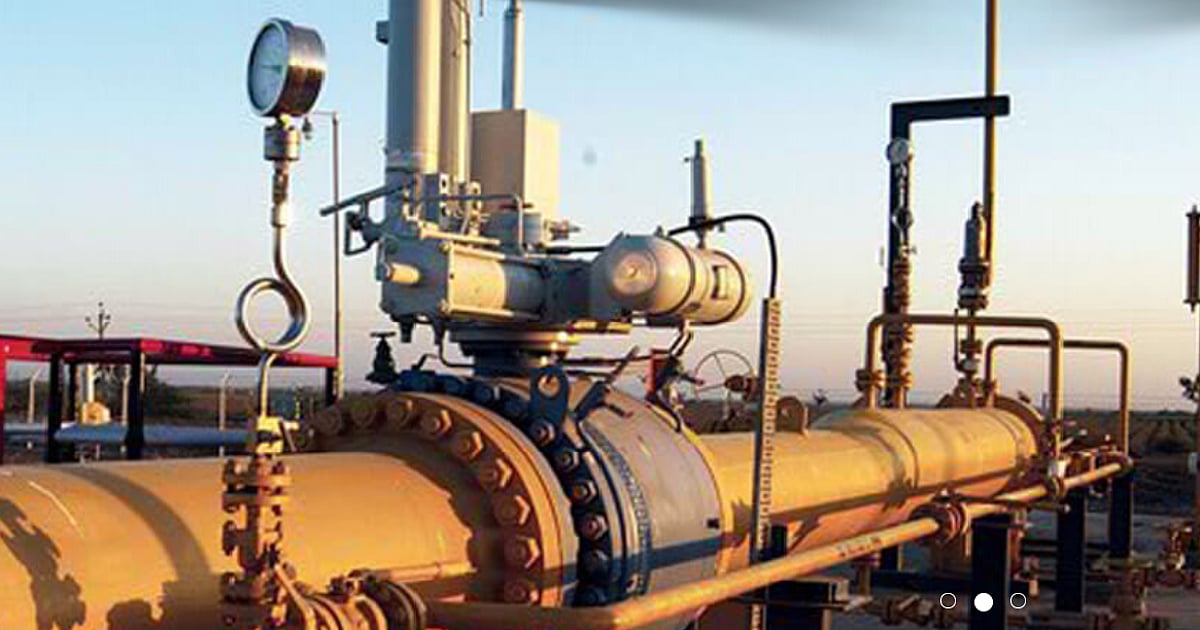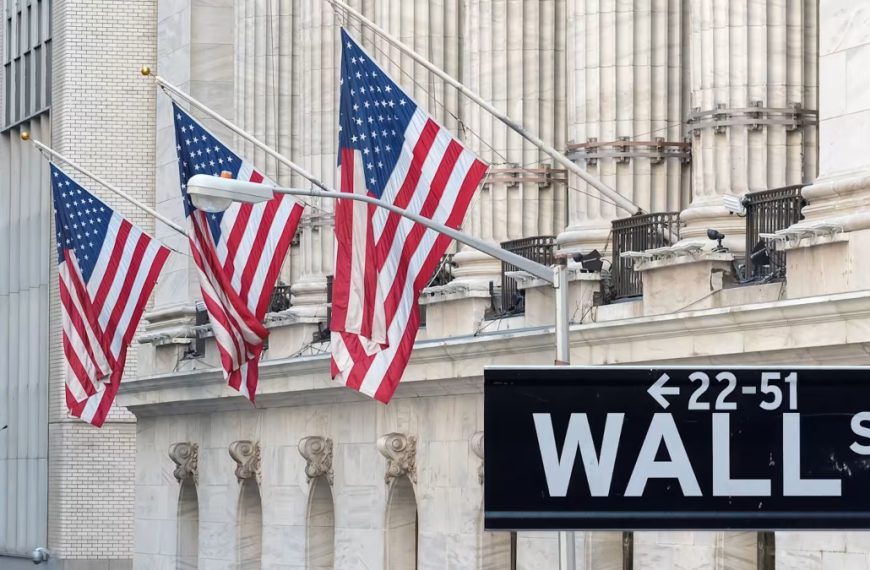Gujarat State Petronet Ltd. (GSPL) has recently secured approval from the Petroleum and Natural Gas Regulatory Board to construct the Anjar-Palanpur pipeline, marking a significant milestone for the company. This development has prompted Citi to elevate its stance on GSPL from ‘Sell’ to a promising ‘Buy’ rating, reflecting an optimistic long-term outlook. The brokerage has set a target price of Rs 325 per share, indicating a potential 20% upside from the current market valuation.
Pipeline Project Details
The newly sanctioned pipeline is designed to handle a capacity of 12 million standard cubic meters per day (mmscmd), which will ultimately enhance GSPL’s high-pressure gas grid capacity in Gujarat to 45 mmscmd. The total investment for this project is pegged at Rs 2,100 crore, with an anticipated project completion timeline of three years.
- Connection Points: This pipeline will link the Mundra LNG terminal to the GSPL’s Mehsana-Bhatinda pipeline, a vital route for gas distribution in the area.
- Current Utilization: The Mundra terminal has been underused due to existing pipeline capacity limitations.
Financial Outlook and Risks
While the immediate impact on tariffs may be modest, the potential for future tariff adjustments and capacity expansions makes GSPL an appealing investment opportunity at present, according to Citi. The brokerage noted that GSPL previously projected a future capital expenditure of Rs 3,400 crore in its December 2023 HP tariff filing, but only Rs 1,800 crore was approved by the PNGRB. This discrepancy resulted in a 47% tariff reduction in April 2024, lowering costs from Rs 34 per million British thermal units to Rs 18 per mmbtu.
Market Challenges
Citi highlighted several risks that could impact GSPL’s performance:
- Higher LNG Prices: Rising liquefied natural gas prices could lead to diminished transmission volumes.
- Tariff Variability: The possibility of tariffs coming in lower than anticipated.
- Merger Delays: Potential holdups in GSPL’s merger with Gujarat Gas.
Furthermore, the brokerage pointed out that GSPL faced significant challenges from 2013 to 2016, primarily due to reduced transmission volumes tied to elevated LNG prices and decreased gas supplies from the KG basin. However, the period from fiscal 2017 to fiscal 2020 saw a resurgence in LNG attractiveness, improving performance. Unfortunately, rising LNG prices in recent years have led to a decline in volumes once again.
Positive Long-Term Prospects
Despite these hurdles, Citi maintains a positive long-term outlook for GSPL. Factors such as increasing industrialization and a nationwide shift toward cleaner energy sources are expected to drive India’s gas consumption upward. This structural growth trajectory reinforces the belief that GSPL will emerge as a key player in the energy sector.
For further insights on stock recommendations, check out our coverage on Tata Motors, Waaree Energies, and Patanjali, all under the radar of various brokerages today.
In summary, the approval of the Anjar-Palanpur pipeline represents a pivotal moment for Gujarat State Petronet, setting the stage for future growth and investment opportunities in the burgeoning gas market.











